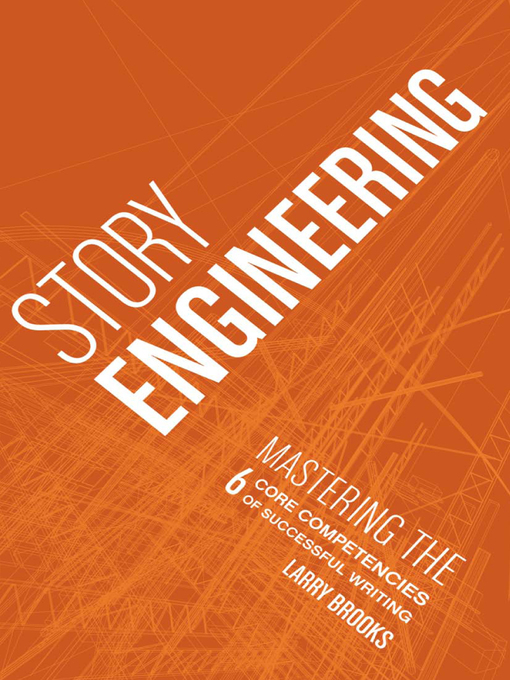
First I have to say, this book changed my writing life.
That's a bold statement, I know, but I stand by it. Before I picked up this snapshot into the successful writing world, I was like a treading-water writer. In other words, I was quite apt at working extremely hard at GOING NOWHERE.
Having said that, I know this is not the particular problem of a lot of writers. Many are capable of sitting down and scribbling out a first draft, without hardly stopping for a breath. And some of those actually create something amazing without much need for touch up.
I, on the other hand, pluck along at the computer keys, trying to create, while the pushy editor in my head is shouting: "THIS IS NO GOOD!" "You call THAT writing?" "The only one who's going to want to read this is YOU." "And maybe your mom. Maybe." When my pushy editor is in a good mood she tones down her criticism, but her words are every bit as invasive. "Are you sure you want that word there?" "Isn't there a better way to say that?" "I know you've already rewritten this scene 153 1/2 times but I think you've got another one to fifty rewrites left in you." And the worst of all, "Do you really think you're good enough?"
This was my own form of writer's block.
The Six Core Competencies and Story Engineering really changed that for me. I've never experienced such a practical guide to polishing the craft and really working through all the issues, all the necessary characteristics of great writing. Brooks teaches you what to do to achieve "professional" levels in the core competencies. His most helpful advice for me dealt with structuring the story. After I finished his book, I applied the techniques and FINALLY pushed through my novel. I had tools for success.
A word of warning. Brooks loves his metaphors. A lot. And he spends too much time defending his position of story engineering verses "pantsing" or writing your story organically, with little to know consideration for outlining. I can understand why. He is probably constantly having to defend this position to experienced writers who do the same techniques he talks about but without consciously knowing it.
But if you can plow through his metaphors (some of which are marvelous) to the main parts, you'll undoubtedly find the jewels of advice that I did.
Happy Writing!


